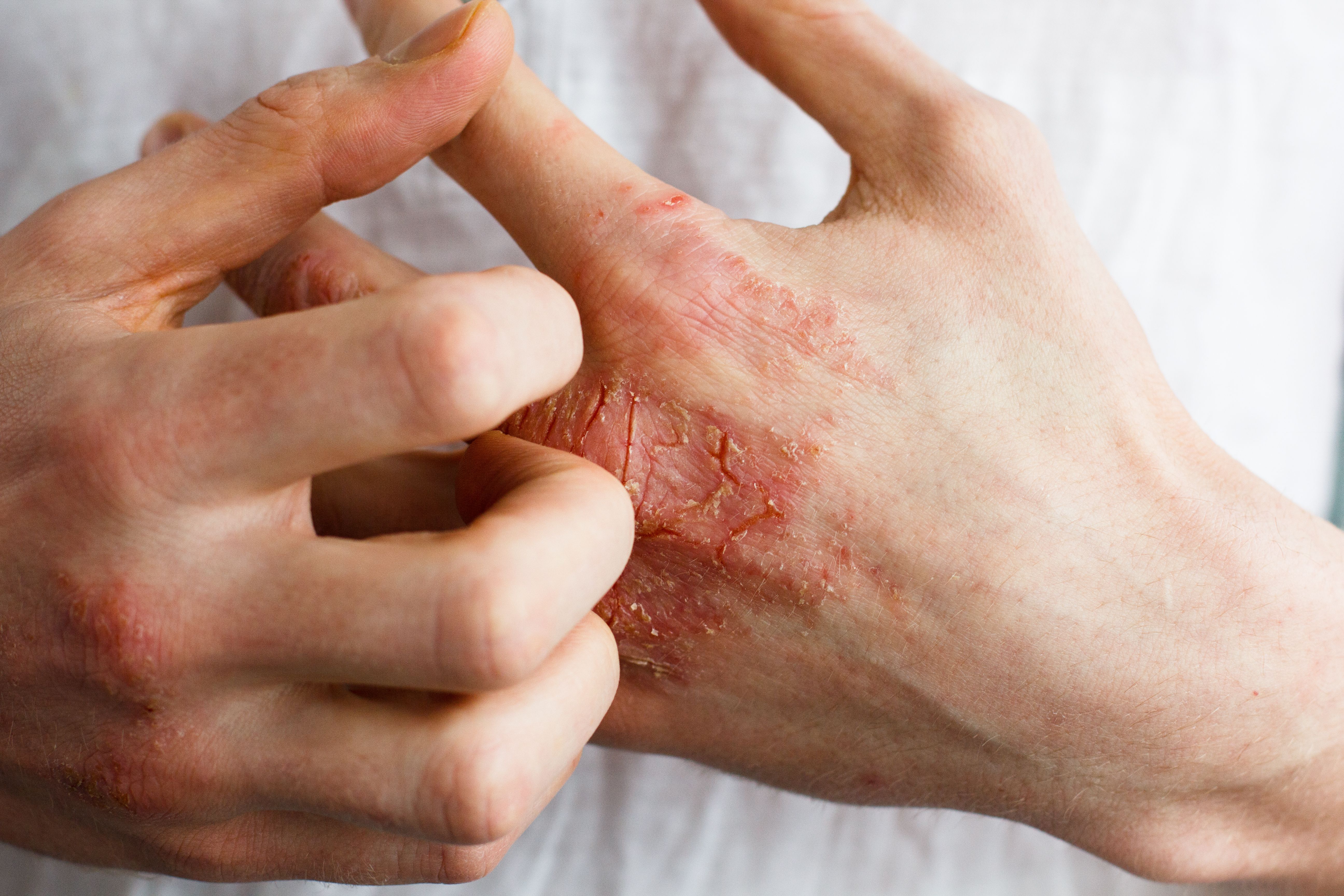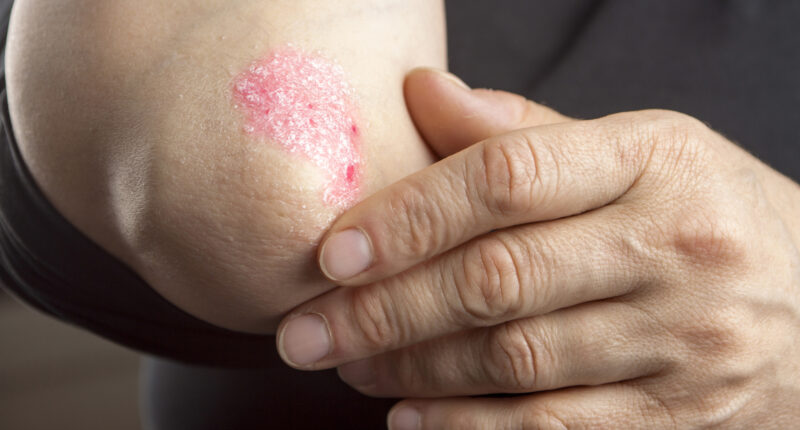Find out “How do you tell the difference between eczema and skin cancer?” It can be hard to tell the difference between eczema and skin cancer, but there are a few key things to look for. First, eczema is usually found on the hands, face, or neck and is characterized by dry, itchy patches of skin.
Skin cancer, on the other hand, can occur anywhere on the body and may appear as a growth or mole. If you’re unsure whether a spot on your skin is eczema or skin cancer, it’s important to see a doctor for a proper diagnosis. However, there are a few things you can look for at home to get an idea of what you’re dealing with.

In this blog post, we’ll go over some of the key differences between eczema and skin cancer.
Table of Contents
What is eczema?
Eczema is a chronic skin condition that causes the skin to become red, itchy, and inflamed. The most common type of eczema is atopic dermatitis, which often begins in childhood. Eczema can be a difficult condition to manage, as there is no cure. Treatment focuses on relieving symptoms and preventing flares.
Skin cancer is the abnormal growth of skin cells. There are three main types of skin cancer: basal cell carcinoma, squamous cell carcinoma, and melanoma. Skin cancer usually develops on areas of the skin that have been exposed to the sun. Early detection is important for treating skin cancer, as it can be highly curable if caught early.
What is skin cancer?
Skin cancer is the most common type of cancer in the United States. More than 3.5 million skin cancers in over two million people are diagnosed annually, according to the Skin Cancer Foundation.
There are three major types of skin cancer: basal cell carcinoma, squamous cell carcinoma, and melanoma. Basal cell carcinoma is the most common, accounting for about 80 percent of all skin cancers. Squamous cell carcinoma makes up about 20 percent of skin cancers. Melanoma, while less common than the other two types, is the deadliest form of skin cancer.
Skin cancer develops when abnormal cells grow out of control. The majority of skin cancers are caused by exposure to ultraviolet (UV) radiation from the sun or from artificial sources such as tanning beds and sunlamps. UV radiation damages the DNA in our cells, which can lead to mutations that cause the cells to grow uncontrollably.
You can lower your risk of developing skin cancer by avoiding excessive exposure to UV radiation and by using sunscreen with an SPF of 30 or higher every day, even on cloudy days. It’s also important to perform regular self-exams so you can catch any new or suspicious growths early on and get them checked out by a doctor.
How do you tell the difference between eczema and skin cancer?
There are a few key ways to tell the difference between eczema and skin cancer. First, eczema is usually found on dry, sensitive areas of skin, such as the hands, neck, or face. Skin cancer, on the other hand, can occur anywhere on the body. Second, eczema typically causes an itchy rash, while skin cancer may cause a painless lump or growth. Finally, eczema will usually go away with treatment, while skin cancer may require more aggressive treatment, such as surgery. If you are unsure whether you have eczema or skin cancer, it is important to see a doctor for a diagnosis.
When should you see a doctor?
If you have any concerns about a mole or other skin growth, it’s important to have it examined by a doctor. Other warning signs of skin cancer include a change in the size, shape, or color of a mole; a mole that bleeds or oozes; and a rash that doesn’t go away. If you have any of these symptoms, see a doctor right away.
Conclusion
If you’re worried about a possible skin cancer diagnosis, it’s important to be able to distinguish between eczema and skin cancer. While both can cause similar symptoms, there are some key differences that can help you get a better idea of what you’re dealing with. If you have any concerns, be sure to consult with a medical professional for a proper diagnosis.
You may also like: 3 reasons to avoid energy drinks during your period









